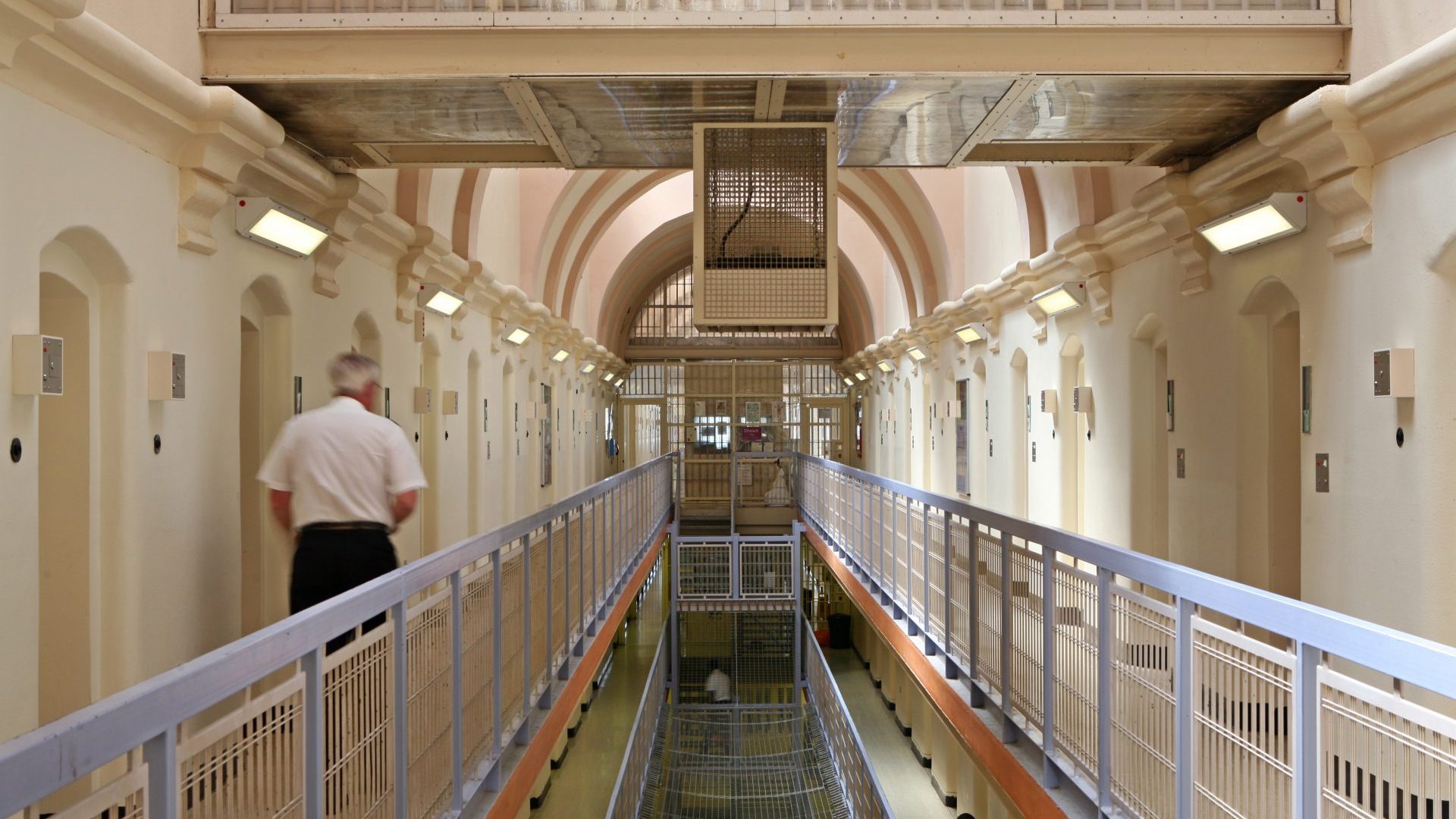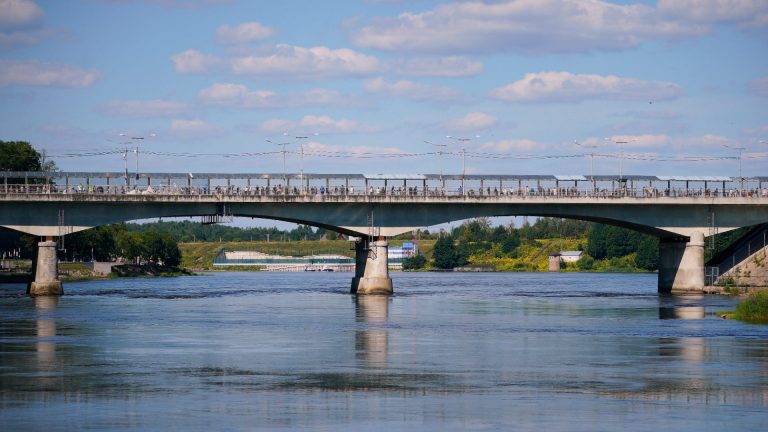Coverage of the UK prison system tends to be steeped in nonsense. If you believed most newspaper coverage of prisons, you’d assume prison sentences had been slashed over the last few decades, that conditions inside put most holiday resorts to shame, and that no-one had tried to mete out punishment due to some combination of political correctness and human rights lawyers.
The reality is far more grim. Sentences have got much longer over the last few decades (the average sentence is up a third; sentences for serious crimes have increased even more), while funding for prisons has been slashed in real terms. Basic amenities like television or radio in cells have become essential because so many prison services have been slashed – leaving inmates in cells 23 hours a day.
Prisoners are set up to reoffend: rehabilitation programmes have fallen away, as have educational ones. You are more likely to pick up a new drug habit in prison than get help to kick one that already exists. And when you are released, probation has withered to almost nothing, as has housing support – making more criminal activity inevitable.
All of this has served to put more and more pressure on the UK prison system: people get locked up for longer, and are more likely to reoffend and go back to prison once let out. Thanks to cuts, the prison estate is woefully out of date, dirty and dangerous – and crucially it hasn’t been allowed to expand.
Capacity in the UK’s men’s prisons has hit 99.9% on more occasions than one in recent weeks, meaning there are fewer than 100 empty spots in the entire country. Prisons have different types of cells for different types of offenders – some are for those still awaiting trial, some are suitable for people pending release, etc – meaning that often none of these are suitable for newly convicted prisoners. There is simply no more space.
The result of this is the government having to take steps no government ever wants to. These include cutting the sentences of non-violent offenders and letting them out early. In reality, such offenders will still have served longer in total than they might have expected 20 years ago, but all we hear about is the unwanted reduction in the sentence.
Other steps are more bizarre: we might have grown accustomed to NHS waiting lists, but emergency procedures also allow for waiting lists to enter prison: you can be convicted and jailed, but then sent home to await a prison spot. No-one would argue this isn’t weird.
The problem is there is no way to magic up new prison spaces, meaning that tackling the short-term crisis is just a matter of picking from a list of bad options. Some of these are outright weird: it was reported on Friday the Home Office had explored sending some prisoners to serve at least part of their sentences in prisons in Estonia.
Follow-up coverage was somewhat confused: on Friday, a minister did not deny that such a plan was possible (or had been mooted), but Number 10 did say the government had “no plans” to actually do it – at least not at this stage.
The urgent cannot be allowed to totally overshadow the important – without more serious reform, prisons, like criminal justice as whole, will continue to reel from crisis to crisis.
Labour has an opportunity in the form of the prison reformer James Timpson, who has joined the government as prisons minister. It will help reassure people if it can set out longer-term plans, alongside the current, desperate short-term measures.
That might involve building new prisons, which tends to be opposed by those on the left. We should try to avoid making that impulse a kneejerk: if new prisons are going to be designed to punish – by depriving people of their liberty – but also to rehabilitate, to offer safe, clean and modern facilities that are fit for the 21st century, we should welcome them.
Photos of prisons in Scandinavian countries often go viral on social media, because of their relative humanity – and yet citizens of those countries are not queuing up to get in. A modern and humane prison system could be at the core of a criminal justice system that reduces crime and helps offenders escape the cycle of offending. If that involves more prison places – even in the medium term – that is almost certainly a price worth paying.










